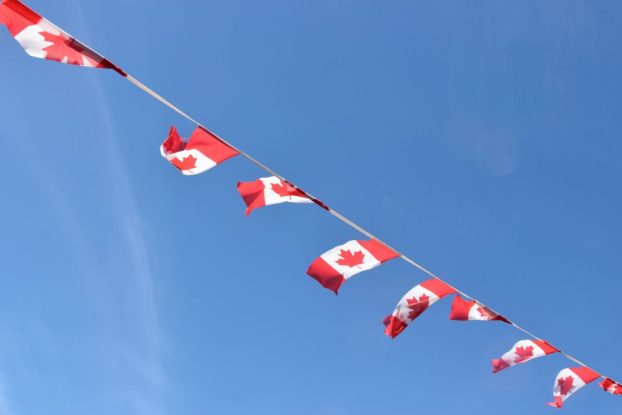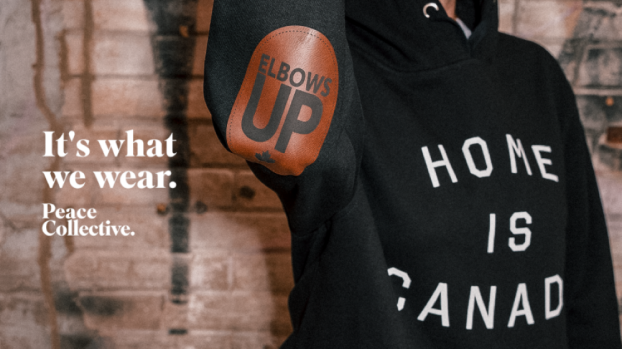Canada’s meagre haul in medal competition at this year’s Olympic Games left many sports fans shaking their heads in disappointment.
The Canadian Olympic Association (COA) wants to improve on that showing in future – and to make this happen, the organization plans to call upon corporate sponsors to step up their involvement dramatically.
The Toronto-based COA is now working on a white paper that will outline a comprehensive plan for improving the performance of this nation’s amateur athletes on the international stage. The document is expected to recommend co-operative efforts on the part of government, the private sector and sporting organizations.
‘We believe that a multidimensional or integrated approach is required to be successful,’ says Nick Marrone, executive director of development and marketing at the COA. ‘It’s not something that the sponsors can solve by themselves. It’s not something we expect that the government will solve by itself. And it’s not something the sporting community as it currently exists can solve by itself.’
The COA plans to table a final version of the document by February. Marrone says the work is being fast-tracked to capitalize on increased public awareness of the issue, in the wake of the Sydney Games in September.
Canada’s poorer-than-expected showing generated a good deal of media coverage, much of which put the blame on the underfunding of amateur athletic programs.
Canadian athletes left Sydney with a grand total of 14 medals, compared to the 58 won by host country Australia. And the reasons for this disparity appear evident when one considers the funding situation.
In the four years leading up to the Sydney Games, the Australian government spent $280 million annually to support its athletes and coaches.
Ottawa, by contrast, spent $26 million a year. Corporate Canada’s support, meanwhile, included $35 million in sponsorship contributions to the COA over four years.
The prospect that Canada could host the Olympics within the next decade lends added incentive to improve. Toronto is now bidding aggressively for the 2008 Summer Games, while Vancouver is making a play for the 2010 Winter Olympics – and no one wants to see Canadian athletes embarrass themselves on their home turf.
The COA white paper will call for increased financial commitments from both government and the corporate sector. But the association isn’t looking for simple handouts, says Mark Lowry, the COA’s executive director of sport and programs.
The key to winning more support from sponsors, he says, will be to set out a comprehensive business plan – one that establishes a professional management structure to oversee amateur sports federations, and sets specific performance goals for the national Olympic team.
This will give sponsors the assurance that their money is being managed properly, Lowry says, and will enable them to judge whether their contribution is actually helping to make a difference.
Possible goals might include reaching fourth place in the medal standings at the 2008 Summer Games, and first overall at the Winter Games in 2010.
‘Those are ambitious targets,’ Lowry says, ‘but they at least set out to businesses fairly quickly that we believe these are achievable – [although] we obviously need their help to get there.’
In recent years, COA sponsors have been directing more and more of their investment into grassroots programs geared toward athlete support and development (see ‘Grassroots efforts spell gold,’ Strategy, September 11, ’00). The white paper will likely emphasize the need to expand these activities even further.
‘Corporate Canada should step up now, because [Toronto] has a good shot at getting 2008,’ says Michael Budman, co-founder of Toronto-based Roots Canada, which is a major sponsor of the COA.
Canada’s disappointing performance at Sydney reflects in part the need for greater support of athletics at the grassroots level, he argues.
Roots currently puts its considerable weight behind local swimming programs, and Budman says the company now plans to meet with a number of national sport federations, to see if there are other areas where it could make a meaningful contribution.
There’s no question that corporate sponsors can do more, contends Paul Shugart, director of corporate properties and consumer communications with Labatt Breweries of Canada, another major COA sponsor.
‘I think it’s fair to ask the corporate sector to support amateur athletes to a greater extent than we currently are,’ says Shugart, a former head of marketing for the COA.
However, that’s not to suggest that Ottawa should simply shift the burden to the private sector. The federal government ‘is grossly underfunding’ the amateur sport system, he says, and needs to step up its own commitment as well.























